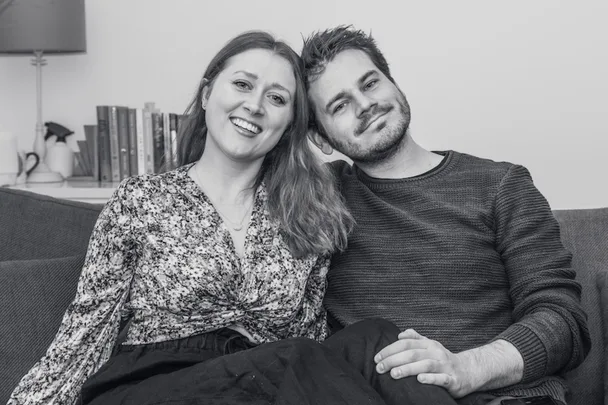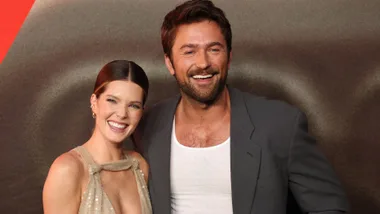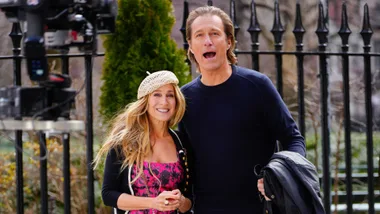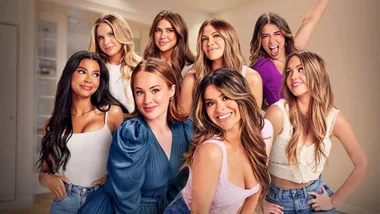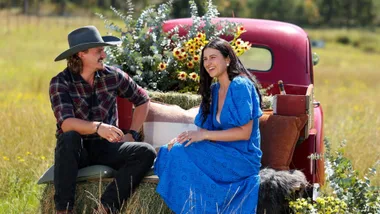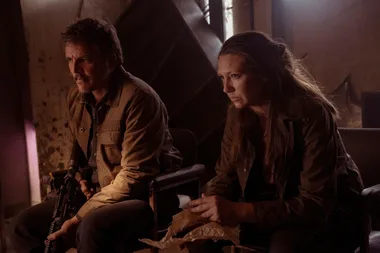Some people in the polyamory community struggle to reconcile their identities and practices within the traditional relationship frameworks, hallmarked by marriage, children and a home, and all paid for by a stable 9 to 5 job.
When my partner, Rich, and I opened our monogamous relationship, I too found myself questioning how these would fit into a new relationship style.
I’ve been asked many times if Rich and I will stay non-monogamous if we get married. Before I was in an open relationship, I didn’t understand the point of marriage if it wasn’t monogamous. I used to question why people would make a public and legal commitment if they weren’t going to ‘stick to it’, so I understand where this question comes from.
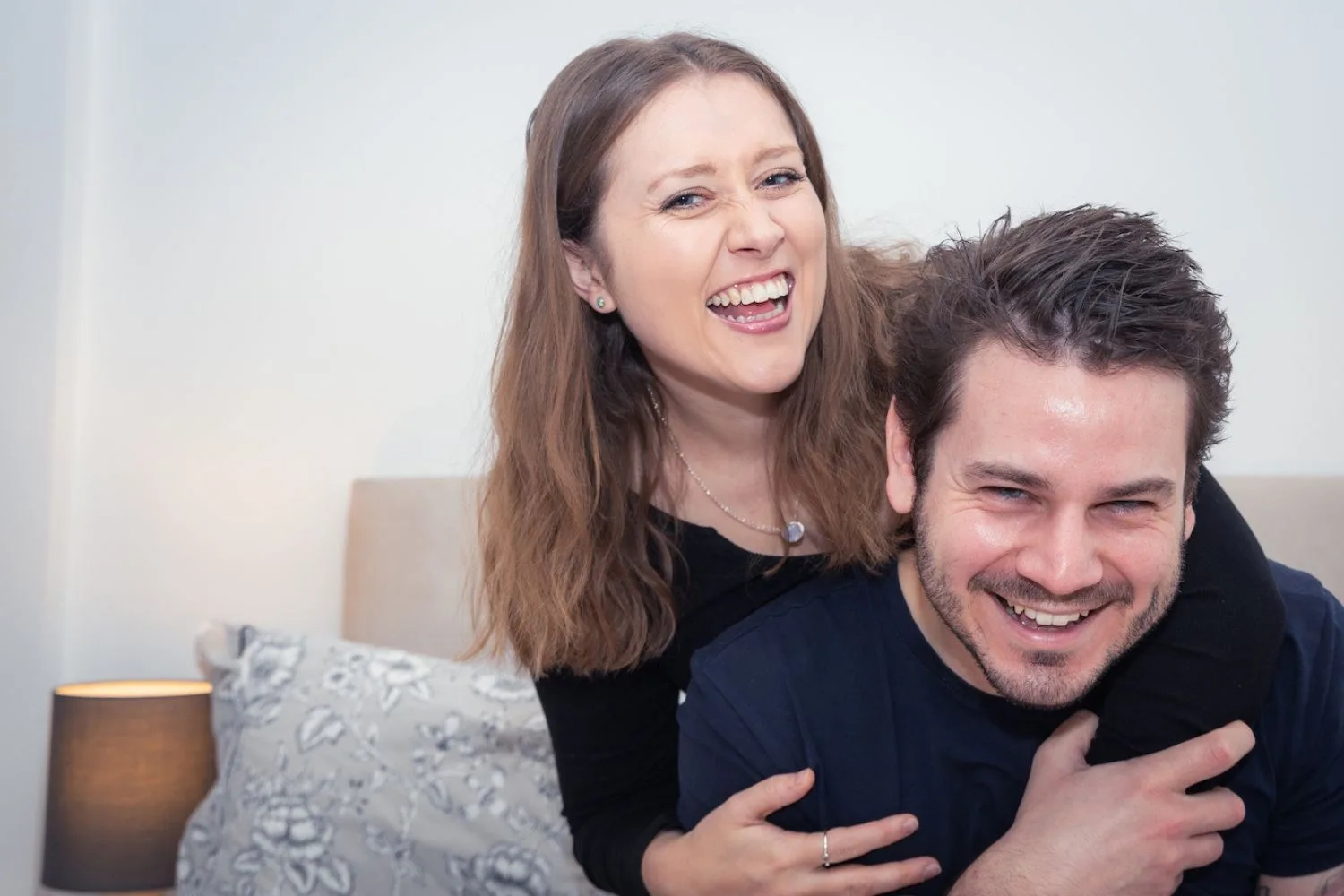
Polyamorous author and journalist Amy Gahran famously uses the ‘relationship escalator’ metaphor to demonstrate assumed pathways of romantic relationships.
“The goal at the top of the escalator is to achieve a permanently monogamous (sexually and romantically exclusive between two people), co-habitating marriage—legally sanctioned, if possible. In many cases, buying a house and having kids is also part of the goal. Partners are expected to remain together at the top of the escalator until death,” Gahran writes on her website.
I’ve since learnt that there are many ways to commit to your partner/s.
Being in a non-monogamous relationship opened my mind to other ways Rich and I might commit to each other outside of marriage. We could choose to enter into a civil partnership—a legal commitment similar to marriage, or we could have a commitment ceremony that isn’t legally recognised. Maybe we’ll do none of those things and live happily in the knowledge that we consciously choose life together every single day.
Meg-John Barker describes this idea in their book Rewriting The Rules:
“Instead of making one-off promises in a commitment ceremony, [people in poly relationships] start each day by recommitting, reminding themselves what they can offer to each other. They might have some form of relationship ceremony with partners, but this would be about celebrating the relationship that’s happened rather than making promises about the relationship to come.”
Because Rich and I are in an open relationship that includes just the two of us, and practice hierarchical polyamory, we’d be able to commit to each other legally.
(Although, Australian law technically prevents those in relationships with more than one person, or those who practice polyfidelity, from committing in this way. The Marriage Act defines marriage as “the union of two people to the exclusion of all others”, and states that any previous marriages must have ended before you can start a new one. These laws are ultimately exclusionary and perpetuate the idea that marriage within monogamy is the ‘best’ way to commit to partners.)
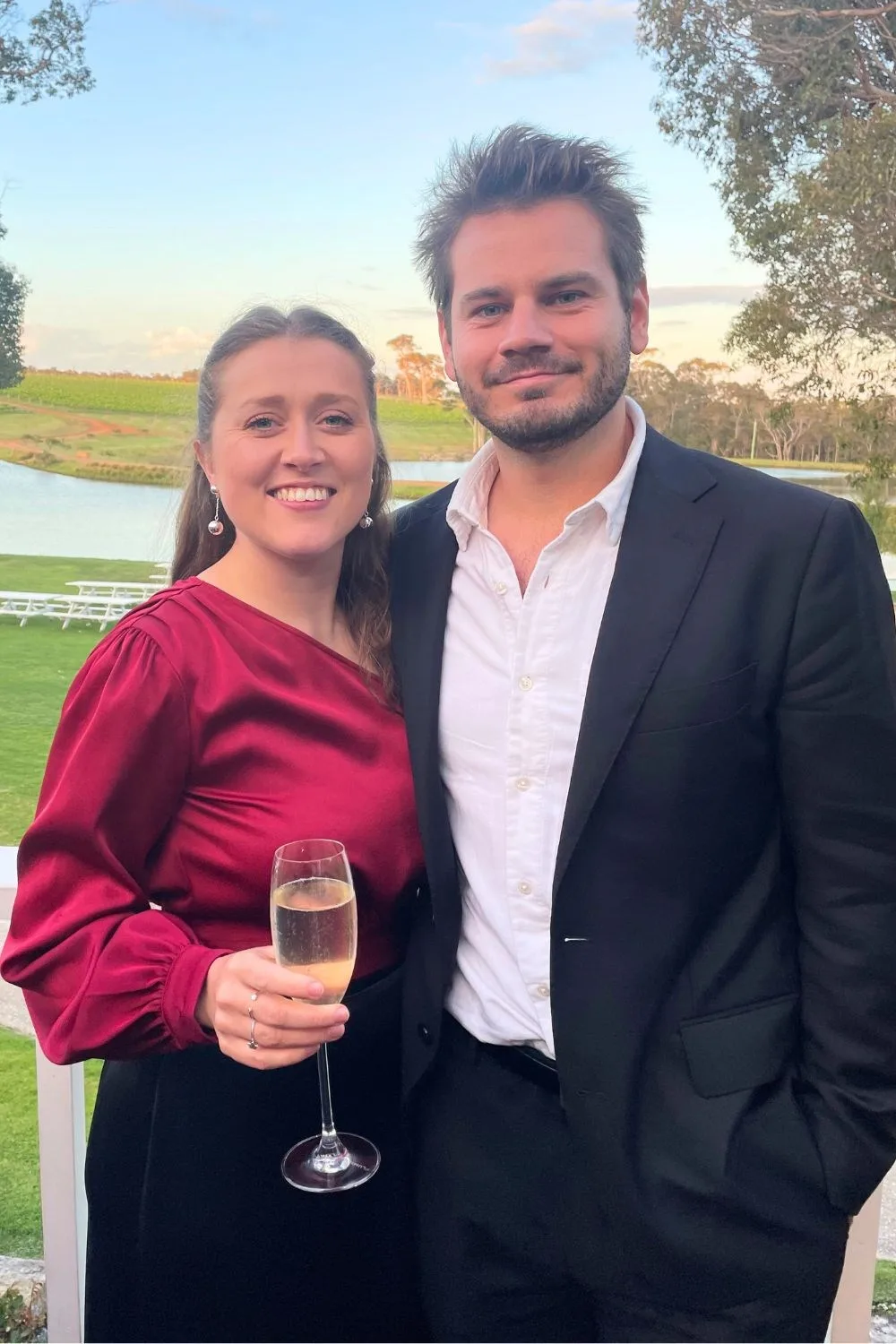
The assumption that Rich and I will close our relationship when we ‘graduate’ to a serious commitment like marriage suggests that our being non-monogamous is a phase and that it’s somehow less valuable than entering into a monogamous marriage. Our open relationship isn’t something we are doing ‘for fun’ or until we ‘stop fooling around with other people and settle down’.
If Rich and I decide we’d like to get married, we will make this commitment in a way that is authentic to our dynamic. Our relationship is meaningful, healthy, deep and committed. We can only hope that as we grow as people it will remain this way.
Being non-monogamous also often means looking at traditional family dynamics differently. Rich has a seven-year-old son and while we haven’t spoken to him about our non-monogamous relationship yet, we’ve discussed how we’ll handle this when the time comes, plus we’ve consulted literature on best practices around this inevitable conversation.
Dr. Elisabeth Sheff, who is a leading researcher of children in polyamorous families, says that a child who is capable of asking about your relationship style is old enough to understand the answer, even if it’s basic. Sheff says using age-appropriate language, being open to your children asking questions about your relationships and discussing the topic without shame are good ways to talk to children about non-monogamy.

Whether Rich’s son asks us directly, or we bring it up with him, we’ll also share that our relationship is still considered ‘alternative’ and that most people don’t have an open relationship like us.
Rich and I hold an extreme amount of privilege being able to talk about being non-monogamous publicly on our podcast. We are unlikely, therefore, to have to explain to his son that it might not be appropriate to discuss our relationship at friends’ homes or at school. Many poly families, however, have to apply necessary caution when telling their own children about their relationship style or orientation for fear they may lose custody of them, be dismissed from their jobs or have their whole family ostracised from social circles.
After decades of study, Sheff says there are “no unique disadvantages, some unique advantages” for children who are raised in poly families. All kinds of families have shared experiences that are sensitive, unexpected or ‘non-traditional’, including parents who split up, friends who move away, deaths, and all manner of other emotional complexities. None of this is unique to poly families.
What is unique to poly families is, as Sheff writes on Psychology Today, “the sense of emotional resilience and relational richness that comes from an honesty- and communication-intensive family life.”
“This is not to say that other families do not have emotional intimacy or honest communication, but to underline the ways in which polyamorous families and communities can contribute to a unique set of skills, norms, and values that can prove quite useful in navigating life as a young adult,” Sheff adds.
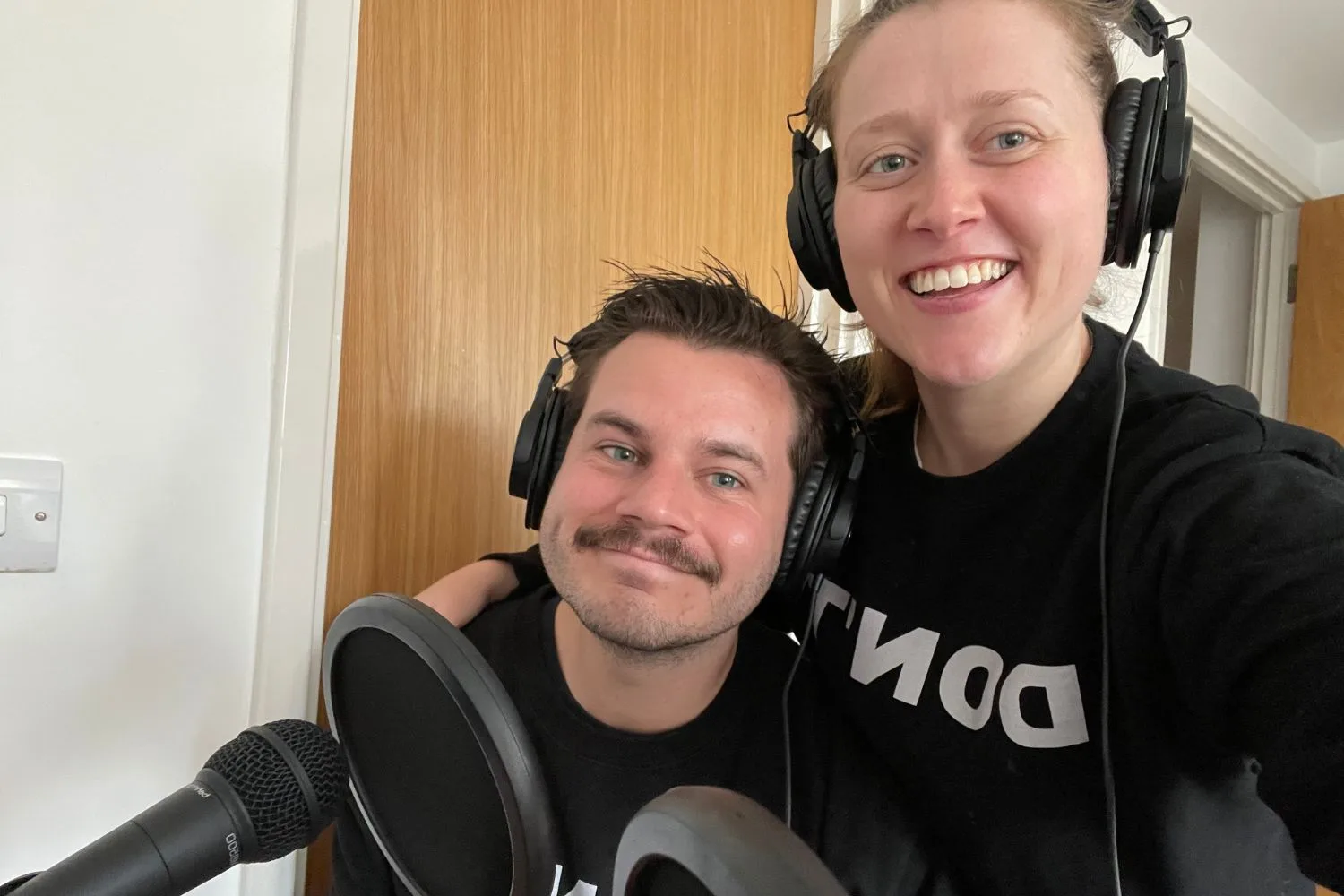
Rich and I have discussed having a family in the future, dependent on biological and financial capability, and we will remain in an open relationship if we do this. While it’s unlikely that our children will meet our other partners because of the way our relationship is structured, the need to be open and communicative rings true for us in the same way it does for other families.
We will remain in an open relationship, whether we add more children to our family or not, because we believe it’s the best way for us to be happy. And having content and fulfilled parents can only be good for the children in their care.
Underpinning how I’m approaching marriage and kids within non-monogamy is the idea that each of us are a work-in-progress. We are never complete, but rather, fluid, changeable and constant. The way Rich and I are currently approaching parenting or how I think about marriage could change in the future, and that’s both okay and inevitable.
Rather than having a definitive stance on marriage or parenting, I’m simply open to doing things differently. Approaching life in a way that’s authentic for me, my relationships and my family is the goal—it just looks different to how I expected.
Listen to Siobhan and Rich discuss poly life on their podcast, The Poly (Pod)Cast, here.
